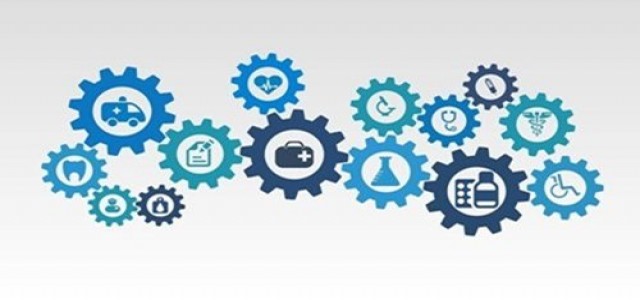
Various hereditary disorders and diseases are increasingly growing across the world which need to be treated effectively. Global pharmaceutical firms are increasingly working towards finding novel solutions to address the ever-increasing occurrence of genetically-passed diseases in the world.
A recent contribution towards these efforts were made by Abeona Therapeutics, a Dallas, Texas based fully-integrated cell and gene therapy company, reportedly announced that it has published positive long term safety and efficacy results from the company’s Phase 1/2a clinical trial that evaluates a gene corrected cell treatment, EB-101, for RDEB (recessive dystrophic epidermolysis bullosa).
Treatment with EB-101 led to sustained wound healing along with a safety profile that is favorable at three years after the treatment. These follow-up long term data from seven RDEB participants whose 42 wounds were treated were further published in JCI Insight, a peer-reviewed journal.
Chief Executive Officer at Abeona, João Siffert, M.D., stated that these results strengthen the company’s belief that EB-101 is an effective and safe gene-corrected cell treatment that is capable of providing long-lasting, durable healing for the most disabling wounds in the RDEB patients.
Siffert added that these results are specifically significant, since EB-101 treatment which led to healing of the wounds even in the most challenging to address painful and large chronic wounds. Provided that the average chronic wound size in RDEB patients is more than 118 cm2, it is vital that potential novel treatments can address these wounds to enhance quality of life.
Siffert further stated that the company thanks its collaborators at Stanford as well as the patients who volunteered to participate in the trial. The company now looks forward to further build upon this robust clinical foundation with the start of its pivotal Phase 3 VIITALTM trial that would evaluate EB-101 to treat RDEB.
Vital findings from the study included wounds selected for treatment were present on the body for an average time of 11.2 years. After three years of treatment with EB-101, most of the RDEB patients had continued wound healing, with approximately 80% of wounds attaining 50% healing while 70% of wounds achieved ≥75% healing.
No serious adverse events were observed related to the treatment during the observation period of three years. Also, no replication competent virus was found at any time during treatment.
Source credit: https://investors.abeonatherapeutics.com/press-releases/detail/163/abeona-therapeutics-announces-publication-of-positive
© 2026 IntelligenceJournal.com. All Rights Reserved.